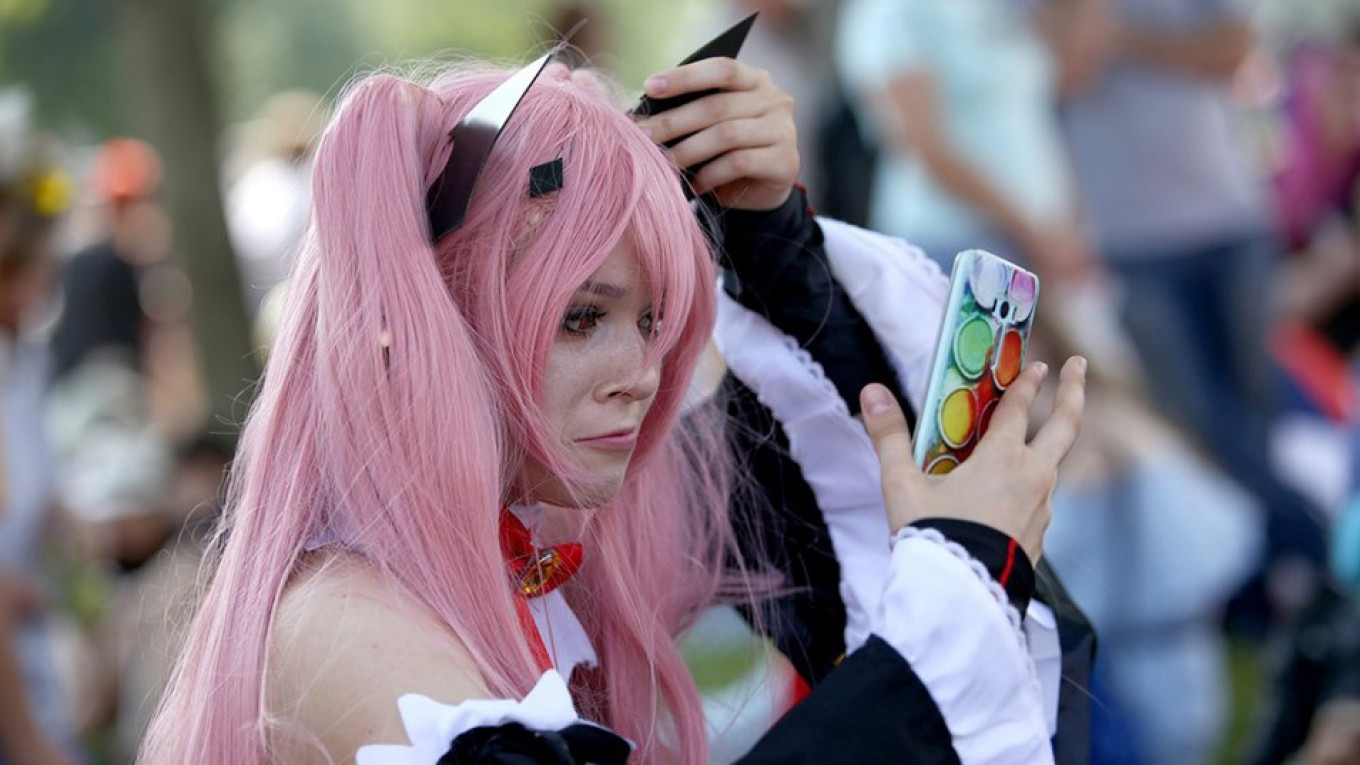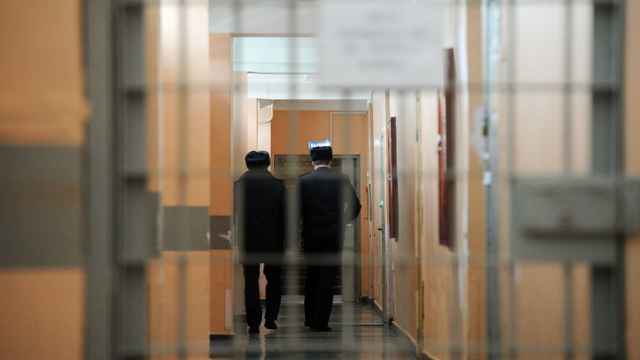A Russian state-sponsored media outlet has raised the alarm about anime television programs, citing cyberthreat experts who say the popular animation style promotes suicide among teenagers.
The assertion comes two years after an online game known as “Blue Whale” sent shockwaves in Russia for allegedly inciting teenage suicides. Russia’s Novaya Gazeta reported in 2016 that more than 130 teens had fallen victim to the online phenomenon, leading to a formal investigation and at least one sentencing.
“They make a lot of quality cartoons in Japan. They’re not dangerous if you don’t watch them all day,” the state-run RIA Novosti news agency quoted Yelena Ivanova, an expert at the state-sponsored Center for Protecting Children Against Online Threats, as saying.
“It’s another thing entirely if the characters are teenagers, like their viewers, who are also homosexuals, who smoke and drink and even cut their veins,” Ivanova said.
The center, a recipient of a presidential grant, contends that U.S. and Chinese underground animation studios are behind the questionable content.
RIA Novosti relayed the tales of several Russian teens whose obsession with anime has brought them to the brink of suicide. The teenagers avoided taking their own lives after counselling from the Center for Protecting Children, the outlet said.
“Of course, the root of the problem here is much deeper than cartoons, but they’re tailored specifically for these types of children,” Ivanova said.
“It’s best to restrict access to questionable groups: even if they’re playing in the background — their content will slowly ‘seep into the brain’,” the head of the center, Vladimir Rogov, wrote on social media.
“We’re against radical measures, but it’s time to place anime culture in Russia on the right track,” Rogov said.
A Message from The Moscow Times:
Dear readers,
We are facing unprecedented challenges. Russia's Prosecutor General's Office has designated The Moscow Times as an "undesirable" organization, criminalizing our work and putting our staff at risk of prosecution. This follows our earlier unjust labeling as a "foreign agent."
These actions are direct attempts to silence independent journalism in Russia. The authorities claim our work "discredits the decisions of the Russian leadership." We see things differently: we strive to provide accurate, unbiased reporting on Russia.
We, the journalists of The Moscow Times, refuse to be silenced. But to continue our work, we need your help.
Your support, no matter how small, makes a world of difference. If you can, please support us monthly starting from just $2. It's quick to set up, and every contribution makes a significant impact.
By supporting The Moscow Times, you're defending open, independent journalism in the face of repression. Thank you for standing with us.
Remind me later.






